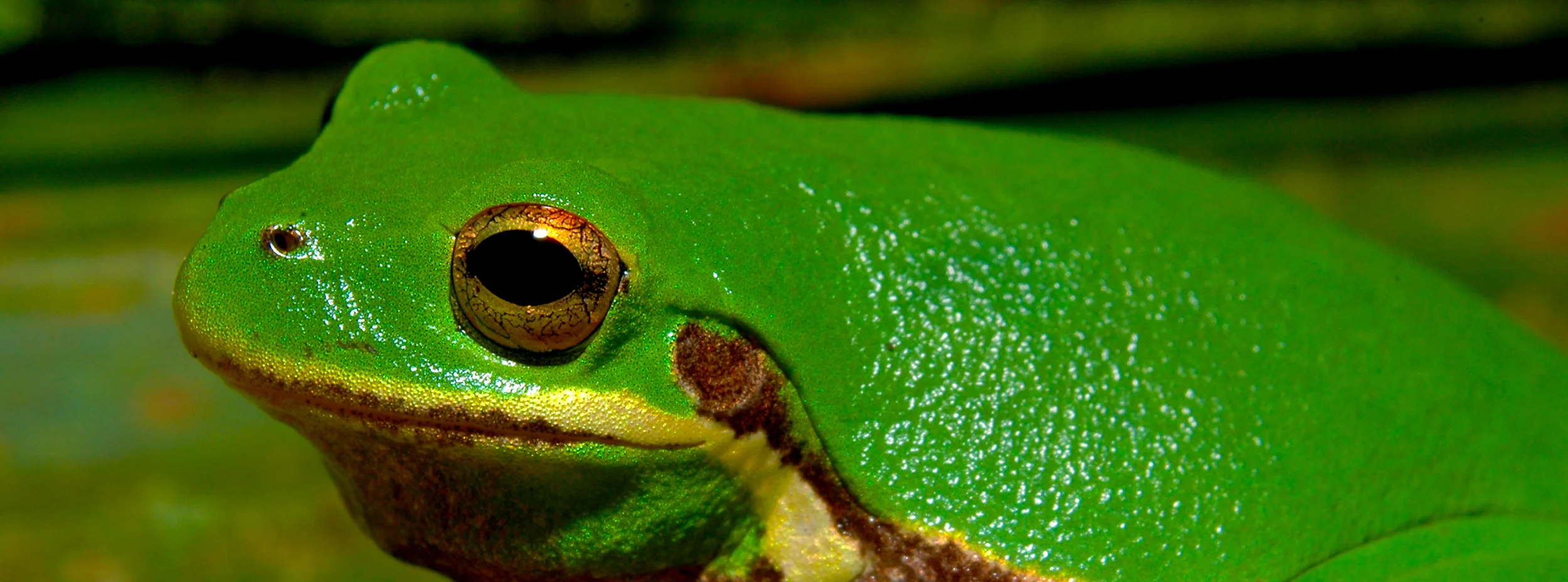< BACK TO LIST OF FOUNDING MEMBERS
Libby Yunger
Experience
I am a Biologist with a PhD in Neuroscience (received in 1974 before Neuroscience was a widely-recognized discipline). My initial expertise was in neuro/psychopharmacology and neurochemistry. Following a one-year post-doc, I joined the drug industry (Lederle Labs and, later, SmithKline and French) as a research biochemist primarily developing, miniaturizing, and validating biochemical and immunochemical methods for Central Nervous System, Cardiovascular, and Respiratory drug discovery. I then became the Manager of Bioanalytical Research at Pitman Moore. My group developed and validated methods to characterize and quantify recombinant porcine somatotropin and its impurities. I was also responsible for compiling the analytical section for our New Animal Drug Application for porcine somatotropin which involved several meetings with the FDA (Bethesda MD) and Bureau of Veterinary Drugs (Toronto) concerning strategies and methodologies. Following the demise of Pitman Moore I spent 16 years at Sigma Chemical Co. (Sigma-Aldrich Corp), initially in Tech Service, also known as Trivial Pursuit for scientists, and for the final 12 years as a department of one creating research-targeted product lines - the Sigma Signal Transduction Catalog (1998), the first Cell Signaling Catalog (2000) and the Bioactive Nutrient Explorer (2009) are my publications from this period.
How did I come to believe that climate change is the most important challenge facing humanity? The Earth is our spaceship - it is the only place in the reachable universe where life as we know it can survive without external life support. The atmosphere that maintains our climate is only a few miles deep. People need to understand the mechanisms by which our lifestyle choices are changing the Earth's environment in ways that are incompatible not only with the continued existence of many species of plants and animals but also with our own existence. I felt it was important to have discussions with people in a way that helped them understand the processes and consequences of climate change but that also would facilitate their desire to take individual, community, and national or global action. Too often we scare people into inactivity. After my retirement from Sigma in 2009, I joined the Education Department at the St. Louis Zoo as a docent (volunteer interpreter) because I felt it would give me a bully pulpit to discuss these types of issues. I am a member of the docent's Climate Change Communication Committee, involved in training other docents to have climate change conversations with zoo visitors, and the Cart Committee where I am developing new conservation and climate change-related interpretations related to the animals in our care and those we are working with in their native habitats.
